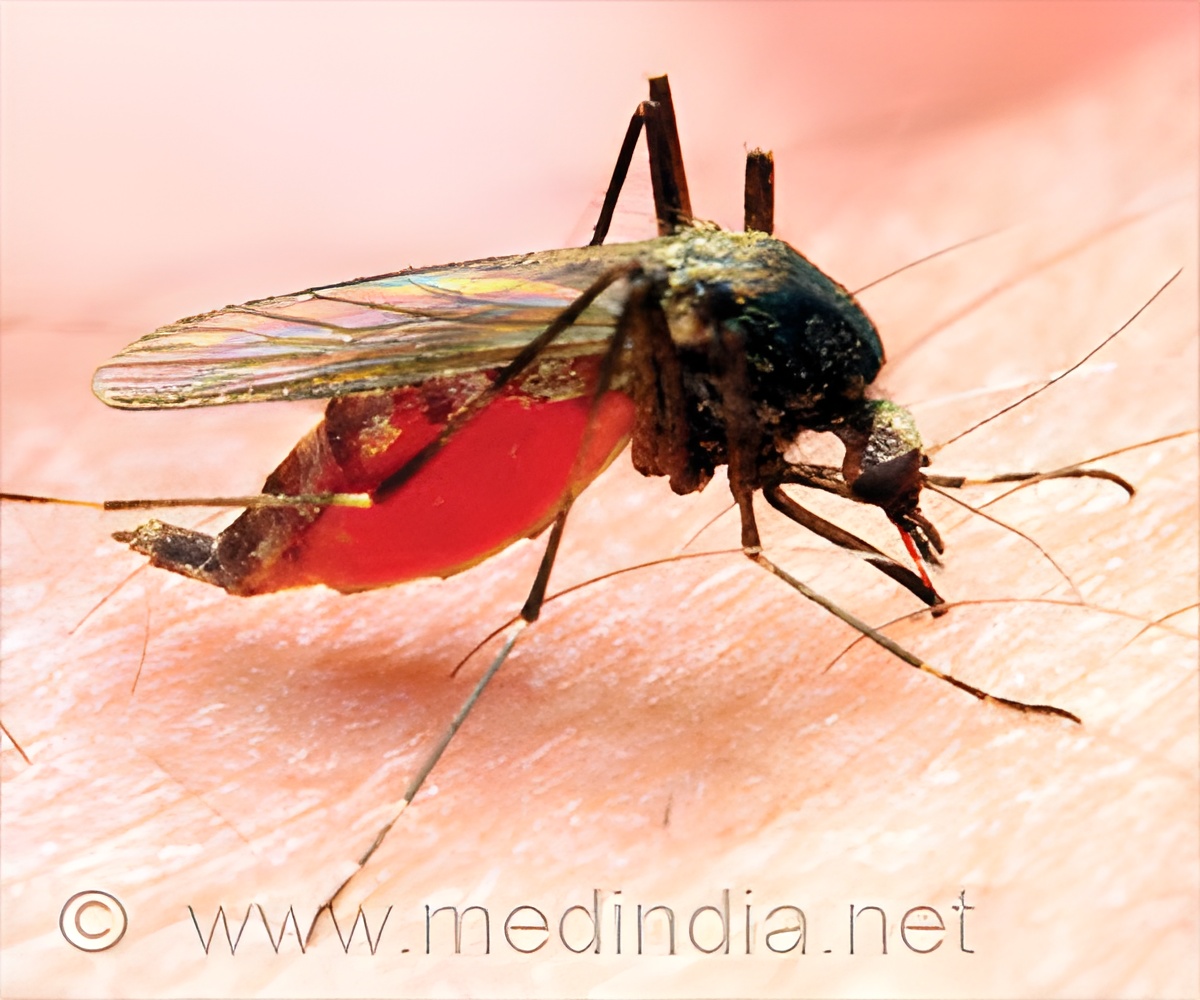SC83288, the new drug was effective in the late stages of malaria, during which the parasites are in the blood cells causing severe damage.

- Severe malaria is a life-threatening condition that inevitably leads to the death if not treated immediately.
- Malaria is currently treated with intravenous or intramuscular artesunate for at least 24 h or, if parenteral artesunate or artemether are not available, with i.v. Quinine.
- SC81458 and SC83288, are fast-acting compounds that can cure a P. falciparum infection in a humanized mouse model system.
"New drugs for treating severe malaria are indeed urgently needed," emphasizes Prof Michael Lanzer, DZIF scientist at the Heidelberg University Hospital.
In a DZIF project, he developed the first promising candidate together with his research team: SC83288, with a somewhat prosaic name has the required properties, and has already been successfully used to treat severe malaria in humanised mice.
The starting point of the drug development was benzamidine derivatives, which had been effective against different parasites in veterinary medicine but were not used as they have severe side effects.
The scientists have now tried to modify these substances so that they become suitable to treat severe malaria. The substance was chemically modified to make it more tolerable without forfeiting its effect against parasites.
For their tests, the scientists used mice with human blood cells and that had been infected with severe malaria. In this model system, SC83288 was effective in the late stages of malaria, during which the parasites are in the blood cells where they cause severe damage. Detailed preclinical studies on pharmacokinetics and toxicology showed consistent positive results for the substance which is to be administered intravenously.
Reference
- stefanao Pegoraro et al., SC83288 is a clinical development candidate for the treatment of severe malaria, Nature Communications (2017) doi:10.1038/ncomms14193.
Source-Medindia










